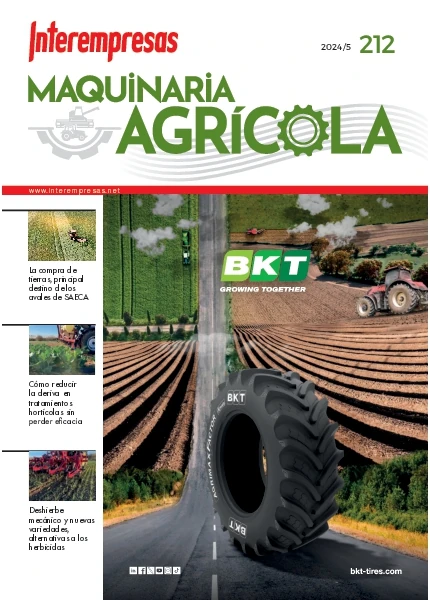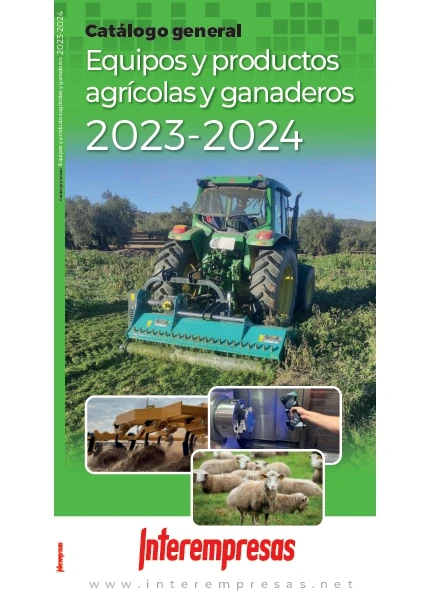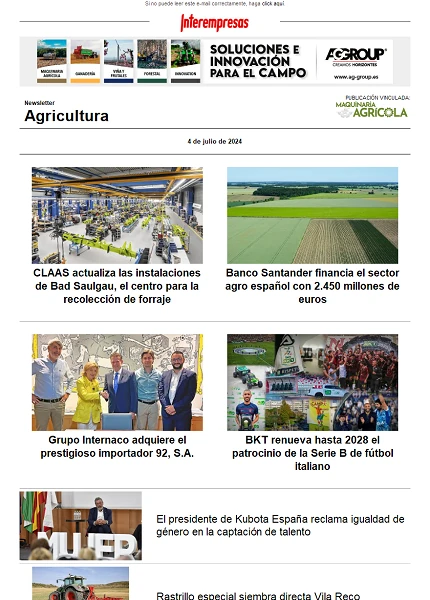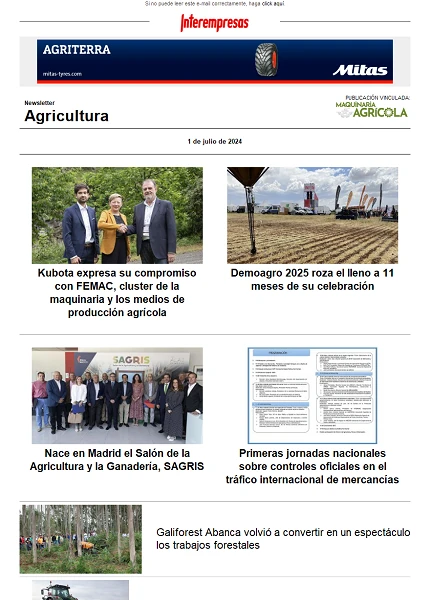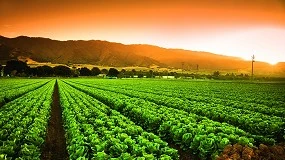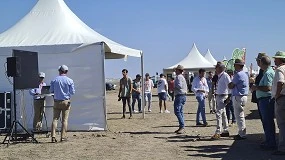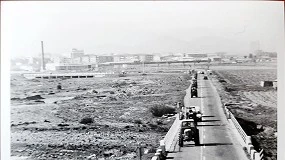Interview to Raül Romeva i Rueda, euro-deputy of ICV and vice-president of Greens/ALE
15 March 2012

The past 16 February, the European Parliament approved –with 369 votes in favour, 225 against and 31 abstentions– the Agreement of Free Trade of Products of the Agriculture and Fishing between the EU and Morocco. How it received you the news?
Of course, received of form very negative the result of the vote of the European Parliament where approved the Agreement of Free Trade between the EU and Morocco. We had insisted by the political road but also by the juridical, that this was not a good treaty. From the Commission of Fishing (PECH) and like speaker nominated by this, argued that the European Parliament did not have to give the consent to this agreement. It was a hard hit, since, apart from economic reasons, social and environingingmental, the inclusion of the Sahara Western in the agreement EU-Morocco did me refuse it frontalmente. Like defender of the right to the autonomy of the Western Sahara, proposed that it excluded this territory of the agreement, as already they do it other agreements. For example, the Agreements EUA-Morocco.
The agreement ratified in spite of the rejection of the Spanish euro-deputies. Which opinion deserves him this? They have taken into account the economic and social repercussions of the treaty for the sector hortofrutícola of our country? What can say us about the effects in concrete points of the country, like Andalucia, where concentrates good part of the huerta Spanish?
The ratification of the agreement means a new victory of the logics of an agriculture and liberal fishing, globalizadas and skilled, that only favour to the interests of big groups, by the expense of the small agriculturalists and fishermen. An agricultural model that besides does not protect the natural resources. The social impact, economic and environingingmental of this agreement has not been sufficiently valued by the Commission. We from the Green group/ALE and with the help of some Spanish deputies commission us to warn of the possible consequences of this agreement. The increase of the number of quotas to prices reduced for a wide range of fruit and vegetal will do difficult to the Spanish agriculturalists keep the competitiveness. Regions like Andalucia will go out especially prejudiced of this agreement, by his specialisation in the majority of products that have liberalised and why will not be able to face up to the low costs derived of some environingingmental and social legislations more laxas. Now, the fact that Andalucia come off badly –as well as his possible electoral cost– can not be the only reasons so that the Spanish euro-deputies vote against or do not vote. There is a lot of other appearances to take into account.
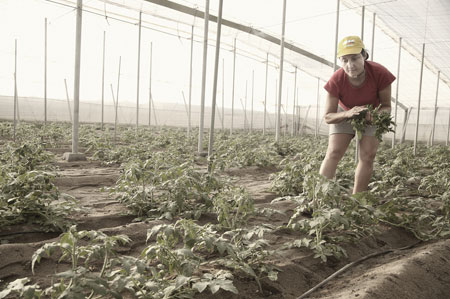
Prior to the vote, the europarlamentario José Bové presented the report ‘Agree of free trade between the EU and Morocco', in which it considered the very hurtful agreement so much for the European agriculturalists like Moroccans. Also it alerted that the agreement will benefit only to the big exporting multinationals European. An opinion that suppose you shares…
Coincide fully with the conclusions that José Bové, mate in the Green group/ALE, presented to the Commission of International Trade. With José Bové report that the agreement negotiated of form very opaque by part of the services of the European Commission and the Realm of Morocco. The agreement has resulted entirely unbalanced, benefiting especially to the big companies of the agricultural industry and pesquera, shelving to the small producers so many Europeans like Moroccans. The small producing Europeans will have difficulties to face up to the low Moroccan prices, and the small Moroccan agriculturalists also will have to lidiar with the massive arrival of basic European products like the meat or the cereals and with the rise of the prices because of the specialisation for the export. Like this, they improve , in both sides, the agricultural corporations of intensive capital at the expense of the families or small farms.
In bold strokes, which can be the economic consequences, environingingmental and of international right in territory comunitario of the approval of the agreement?
As I already have commented, from the economic point of view the agreement signed prejudices the capacity of the small European agriculturalists, that will not be able to face up to the competition of the big industries agroalimentarias and to an uneven trade. Also it will have consequences very negative for the familiar agriculture Moroccan, since the influx of free basic foods of taxles in Morocco will mortgage the creation of an alimentary local industry.
From the environingingmental point of view, the agreement does not improve the protection of the half and reaffirms the logic of the exploitation of resources, hampering the creation of a sustainable agricultural growth and balanced in Morocco.
The agreement includes the region of the Western Sahara vulnerando the International Right, since as it indicates the Juridical Service of the European Parliament, “the Sahara western can not consider that it form part of Morocco”.
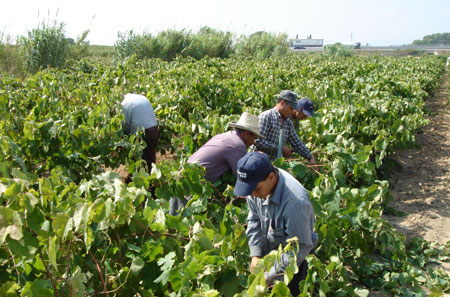
It gives the impressesion that the agreement prejudices especially to those Spanish agriculturalists and even of the rest of the European Union that cultivate with methods of ecological and integrated cheese cheese production, whereas to the Moroccan products no demand them the same sanitary ware conditions…
The strict norms of the EU on the protection of the environingingment and of alimentary hygiene do not find reciprocity in the products mattered of Morocco to the EU. The Moroccan products would have to fulfil the same norms that the produced in the EU. The article 8 of the agreement covers some sanitary ware norms, but no environingingmental norms, phytosanitary ware and social. Allow the import of products that fulfil norms less strict that the products of the EU, can carry to the dumping, at the same time that damages models of ecological and integrated cheese cheese production that produce of form more sustainable.
One of the points that awake more controversial is the incumplimiento of the agreement by part of Morocco, especially regarding the contingents of import and the prices of entrance of the products. That is to say, that go in in the European market vegetables and fruit underneath of the price declared in customs. Basically, how it affects this to the production hortofrutícola European, in general, and to the Spaniard, in particular?
One of the big worries that has arisen as a result of the agreement is the capacity of the EU to control and enforce the terms and the quotas arancelarias, often already ignored by the Moroccan partners during the period 2009-2010. The entrance of fruit and vegetables underneath of the price declared increases, therefore, the disloyal competition. The EU would have to be more consistent and finish with this duality. That is to say, on the one hand it establishes a very strict regulation and necessary for the European products but by the another leaves to go in other products without ensuring that fulfil the norms of commercialisation.
The new agreement establishes measured to regulate, of some form, the previous situation? Of not being like this, think to do some allegation in this regard?
Is necessary to achieve a reliable system of the prices of entrance of fruit and vegetal and create effective systems of protection of prices and of verification of the value of the products mattered. This would have to have been fixed and established previously, in place to follow opening markets and establishing new quotas. Therefore, since the agreement does not quote concrete measures to regulate this situation, would be advisable trazabilizar the products from the production until the commercialisation and put in practice a true coordination between customs.
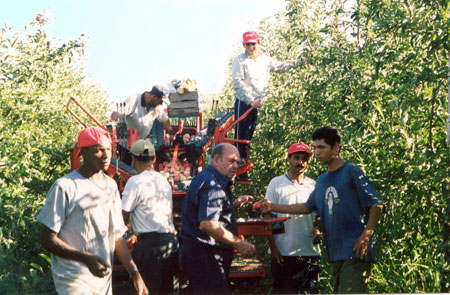
The agreement does not guarantee the equality of conditions regarding rules of production between Morocco and the European Union. It generates then , a differential of costs that does more competitive the Moroccan products…
Exact, one of the main problems that presents this agreement is the differential of costs. As well it argued Bové in his report, the main factor of composition of the prices of fruit and vegetables is the hand of work. The wage of the Moroccan agricultural workers is of five euros by day, creating like this, differences of considerable costs. These wages are so low because the labour legislation does not allow to the agricultural workers create unions, and therefore, negotiate of collective form. Also it has reported the presence of childish work in the agricultural sector and concerns us enormously that with the increase of the exports increase this dynamics. The differential of costs also sees increased by the existence of regulations more laxas in environingingmental matter, of alimentary hygiene, protection of health…etc.
The text of the agreement, according to organisations like FEPEX, does not have phytosanitary ware clauses neither environingingmental by what can use products forbidden in the EU. How influence all this in the foods that arrive to our table?
Is very worrisome that have not included phytosanitary ware clauses neither environingingmental. This questions one of the big principles of the EU; the protection of the environingingment and the fight against the climatic change. Studies (like the one of INRA) have affirmed that in Morocco are necessary 100 litres of water to produce a kilo of tomatoes, whereas in France only require 10 litres. This, aside, will generate problems of access to the water for a lot of Moroccan communities. At the same time, it allows the entrance of agricultural products and pesqueros that do not fulfil the European standards (like the phytosanitary ware) and does not take into account for example, if the fish that goes in to the EU proceeds of Moroccan waters exhausted. Besides the agreement does not foresee the resolution of relative questions to the geographic indications (IG), preventing therefore, the reliable identification of the place of origin so that the consumers can choose.
The agreement approves in a moment very difficult for our country, where increases the number of unemployed. A phenomenon that could aggravate as a result of this agreement, since according to agricultural organisations foresees the destruction of 450.000 employments. In case this was not sufficient, would affect to the sector hortofrutícola that still has not recovered of the crisis caused by the bacterium And. Coli…
The year happened owing to the bacterium And.Coli, Spain experienced a grave crisis of confidence that still affects to a lot of producers. In a context of economic crisis, the arrival of thousands of additional tonnes of fruit and vegetables can contribute to increase even more the crisis in the sector. In some south areas of Spain the unemployment has gone up until 40% and the increase of competitiveness will do to worsen the situation. It is worrisome that have not considered neither this situation, neither the effects that the agreement will be able to have in these regions. I am not me pronouncing in favour of protectionist laws, but think that these agreements would have to promote an exchange based in the equality of rights, but also of obligations, for like this avoid the disloyal competition, that can affect gravely to a lot of agriculturalists.
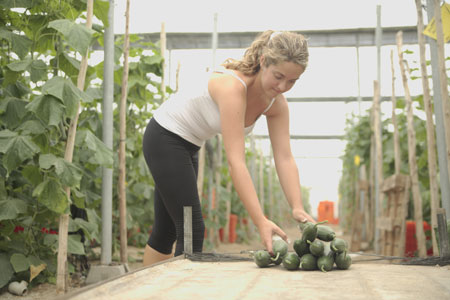
After the approval of the agreement, numerous agricultural organisations summoned unemployments, and even some have loomed with resorting in front of the Cutting of European Justice the ratification of the same. Think that It is exerting sufficient pressesure from the producing sector or is necessary to carry out more performances?
Think that there has been a big answer and protest by part of the agricultural sectors. Obviously, they see peligrar his places of work and fear the evolution of the agricultural sector and pesquero after the entrance of the Moroccan products. Besides, every time they are more the companies (especially Spanish) that dismantle his structures in the EU, leaving to thousands of people in the unemployment, to go to Morocco and export from there, without taking into account the conditions sociolaborales and environingingmental demanded by the EU. I think that it is necessary, therefore, stop this deslocalización of Spanish companies. Also it could be useful motorise the problems that arise derived of the agreement and send them to the Commission, and like this try brake the dúmping and the disloyal trade. The commercial agreements can use like instruments to correct the inequalities, and in this sense the promotion of ones improve labour conditions, environingingmental and sanitary ware in Morocco would allow to advance to a trade based in the equity of the two ribas of the Mediterranean.
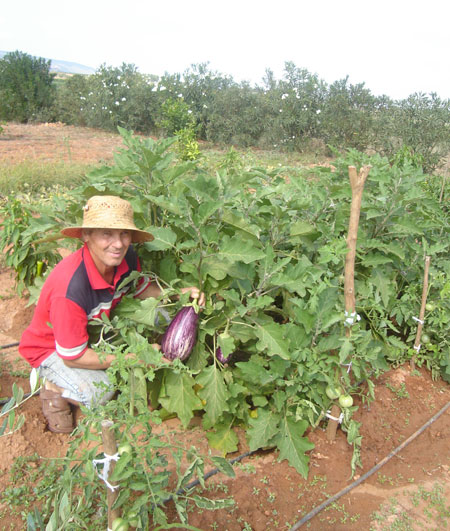
Finally, and in front of the presumable entrance in force of the agreement the next month of May, what suggest so that the repercussions are the minimum possible no only for the producer, but for the rest of the alimentary chain? In his opinion, what political have to put in practice the administrations to reinforce to the sector hortofrutícola of our country from the next month of May?
So much the current government (PP) like his ancestor (PSOE) have to assume his responsibilities in front of the ratification of the treaty. His political groups in the European Parliament did not realise the sufficient pressesures inside the commissions, especially, in the Commission of Fishing, where the popular euro-deputies voted in favour of the treaty. Like this, the government has to face up to the problems that arise of said approval.
The entrance in force of the agreement, could take advantage of like stage to reconvert the agricultural sectors and of fishing in more sustainable, and mark the difference in front of the products of out. Applying a correct etiquetaje and geographic indications, a reconversion of the sector to an agriculture no transgénica and of quality could counter the negative economic effects on the small Spanish agriculturalists. At the same time, we would advance to a more sustainable economy .

